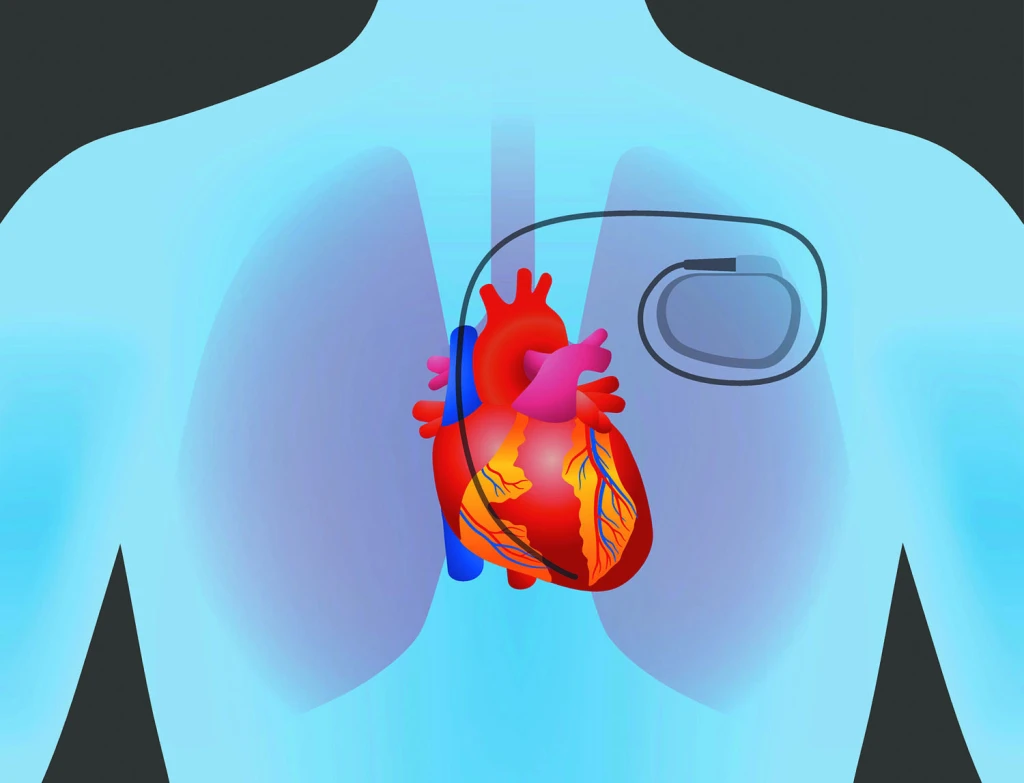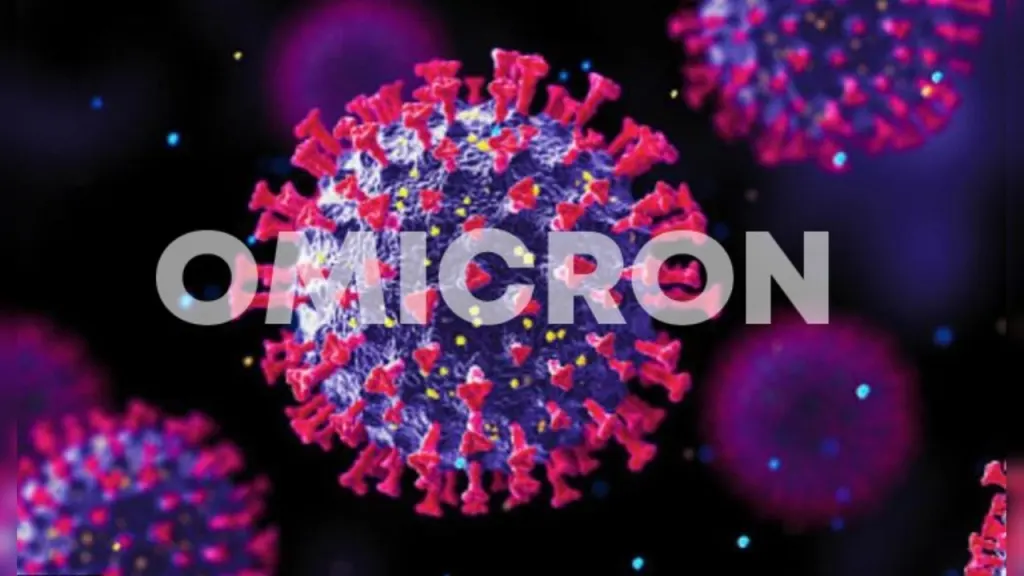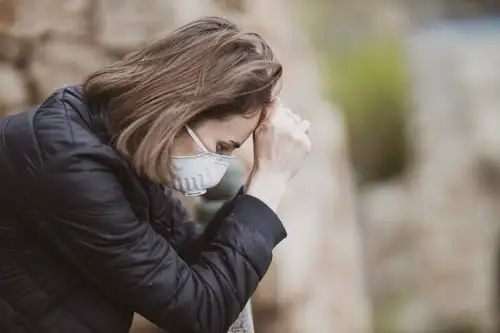and illnesses have common patterns of afflicting the human race, why should responses, reactions, expectations and attitudes between Indian and Western patients be so different.
- In the West, particularly in Western Europe, patients fiercely uphold their right to know the diagnosis. If it is a cancer, the patient is often the first and only one to acquire that information. They often demand to be told explicitly what he is suffering from, the stage, the treatment options and the likely options. The doctor is bound to share this with the patient directly in most instances.
In Oriental cultures, such as India and Japan, the family often assumes the role of the guardian cum care-giver and very often requests the doctor not to divulge the “C” word or break the bad news to the patient, fearing that he may be unable to bear the blow.
The patient’s right to information and decision making all too commonly shifts from the patient to the “responsible” relatives, the doctor often finding himself trapped in an awkward position of having to lie to the patient if he is asked a straight question.
In a survey conducted in Japan several years ago, 80 % of respondents did not want a “bad” diagnosis or poor chances of survival to be told to their elderly relatives…something quite like India. While the figures may have moved marginally, responses in India have remained similar.
- Confidentiality about a patient’s clinical details is often a very strictly guarded and valued aspect of care in the West. The French president Francois Mitterrand was solely privy to his diagnosis of prostate cancer that he hid from the public and family for over 10 years. His long-time personal physician kept it a secret too , but provoked a furore a decade later by revealing in public, and got sued for violating professional ethics.
India is quite a contrast: the doctor is bombarded by questions or phone calls about the diagnosis, status and details of reports, not just by a “care-giver” relative, but friends, in-laws, office colleagues, bosses and even neighbors!
Assuming that these questions sprout from genuine concern, most doctors usually do share some updates. But “confidentiality” is usually not on top of the list of our virtues.
Marking the door with a red cross of those who had tested positive during COVID times might have served public health, but plunged an individual’s sense of privacy and confidentiality to very low levels!
Several colleagues who have practiced medicine in developed Western countries find the transition back to India difficult. What makes it so, are not the diseases, but our social and cultural responses. Will discuss some more next week.





